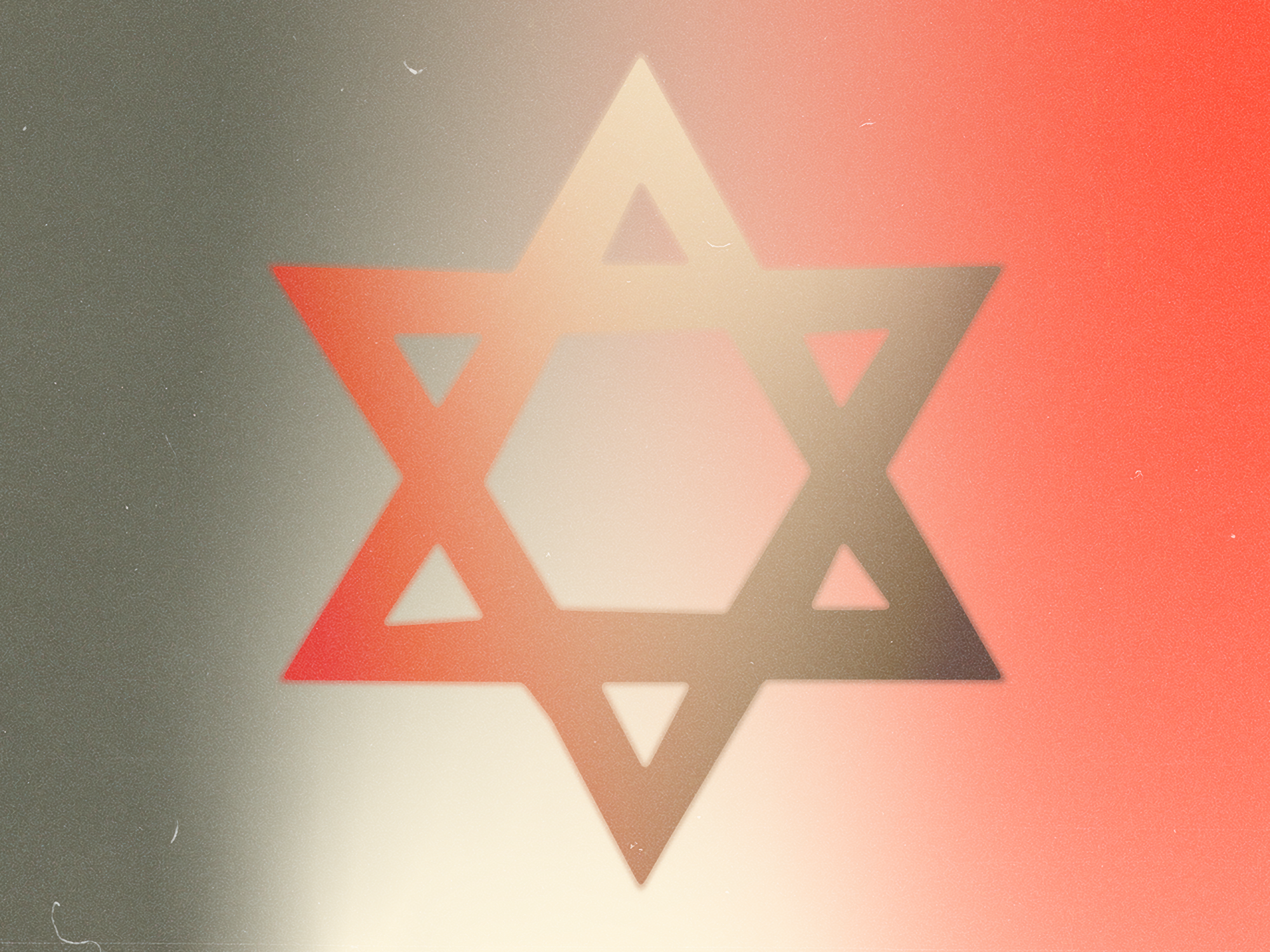Rosh Hashanah
Today marks the Jewish new year.

Today marks the Jewish new year.
Nathaniel Glanzman
Reviewer page idPronunciation: raash huh-shaa-nuh
Today marks the Jewish new year.
Origin
Rosh Hashanah begins on the first day of Tishrei, the seventh month of the Hebrew calendar. According to Judaism, Tishrei is when God created the world. Rosh Hashanah is, as Rabbi Lyle A. Fishman told Share America, a website run by the Bureau of Global Public Affairs, a time to “reflect, react and resolve.”
Rosh Hashanah is one of Judaism’s high holidays, one of the most important of Jewish holidays. Although it does not appear by name in the Torah, the book of Leviticus calls for the holiday: “In the seventh month, on the first day of the month, you shall observe a day of rest, a memorial proclaimed with the blowing of the shofar, a holy convocation.” In the ancient era, Jews acknowledged four “firsts” of the year, each with its own significance (such as the start of the king’s reign, the start of the agricultural year, etc).
Rosh Hashanah, as the start of the seventh month, was celebrated for years before it gained its modern name of Rosh Hashanah. Rosh Hashanah was first mentioned by name in the Mishnah, a Jewish legal text compiled in 200 C.E. from several long-standing oral traditions.
Traditions
Rosh Hashanah differs from secular new year festivities in that it is a contemplative rather than wholly celebratory holiday. Jews are encouraged to look back on the year that has passed and consider what they could improve as they enter the new year. Rosh Hashanah is followed by Yom Kippur, the day of atonement, in the Jewish calendar.
A day in Judaism begins at night, so the time Rosh Hashanah begins (sunset) depends on the location of the celebrant. Because Rosh Hashanah occurs on the Hebrew, rather than Gregorian calendar, the celebration can differ in length, depending on the celebrant. Some may observe Rosh Hashanah for one Gregorian calendar day; others, for two.
Traditionally, Jews are obligated to abstain from work during Rosh Hashanah. They are also obligated to attend services where the shofar, an ancient horn usually made from a ram’s horn, is played. The shofar is such a vital part of Rosh Hashanah that the holiday is also known as Yom Teurah, which means “the sounding of the shofar.”
After services, families gather at home to partake of a large feast. Traditional Rosh Hashanah dishes include brisket, honey cake and tzimmes, a carrot-based Ashkenazi stew. Most Rosh Hashanah meals include fresh fruit (frequently apples) and honey to encourage a “sweet” new year. Fresh fruits are frequently eaten to symbolize the new year.
What to say
There are several appropriate greetings for Rosh Hashanah. “Happy Rosh Hashanah” is appropriate. “L’shana tovah u’metukah,” which means “for a good and sweet new year” in Hebrew is appropriate, as is the shortened version, “Shana tovah.”
Sephardic Jews, who have Spanish heritage, and Mizrahi Jews, from the Middle East, may use “tizku l’shaneem rabot” to greet one another on Rosh Hashanah. This phrase means “may you merit many years.”
The Hebrew phrase for “happy holiday” is “chag sameach” and is also an appropriate greeting for Rosh Hashanah, as well as many other Jewish holidays.